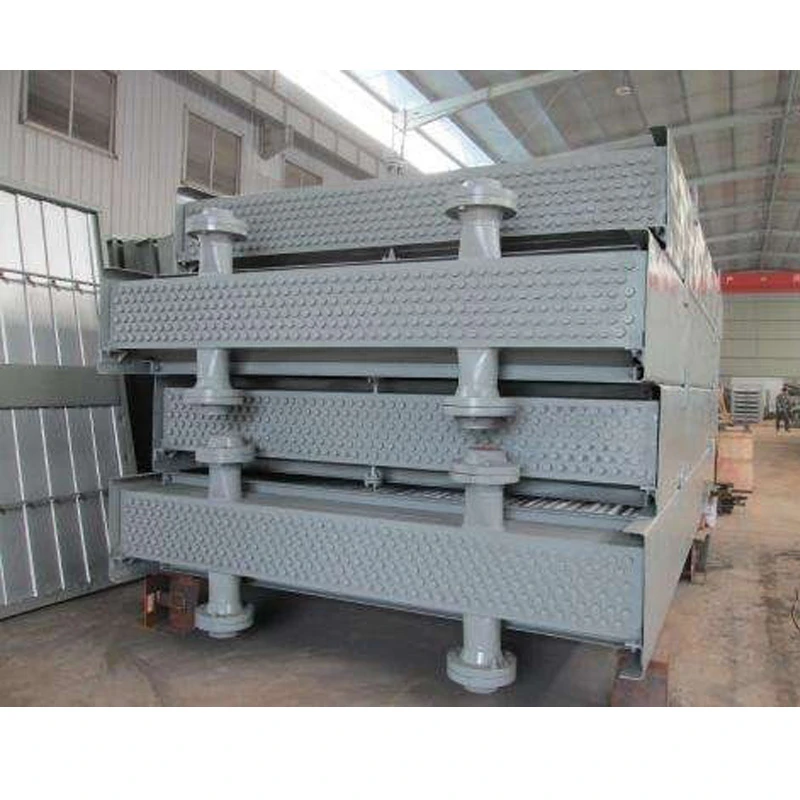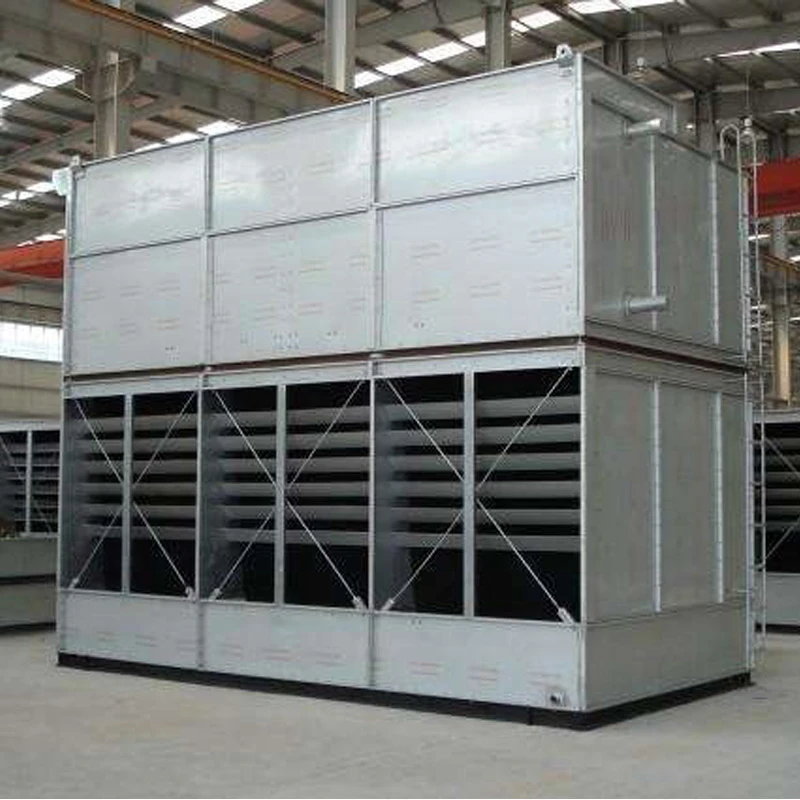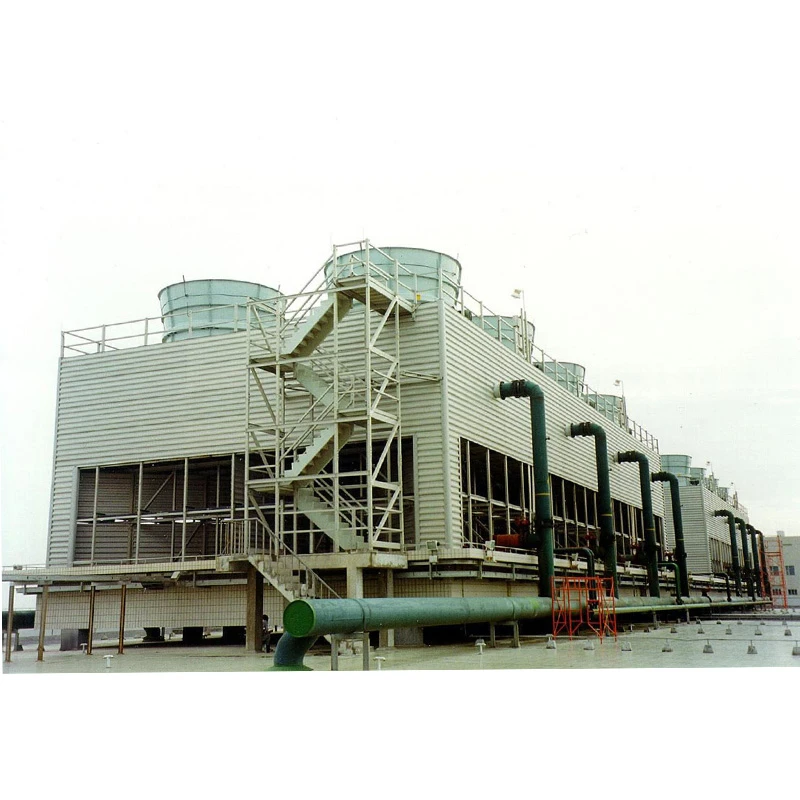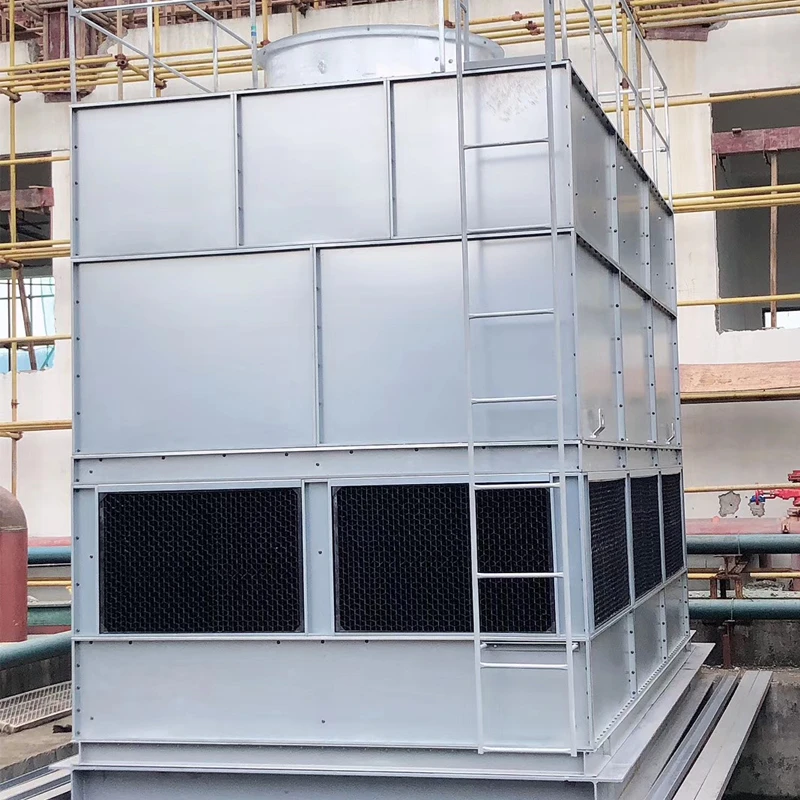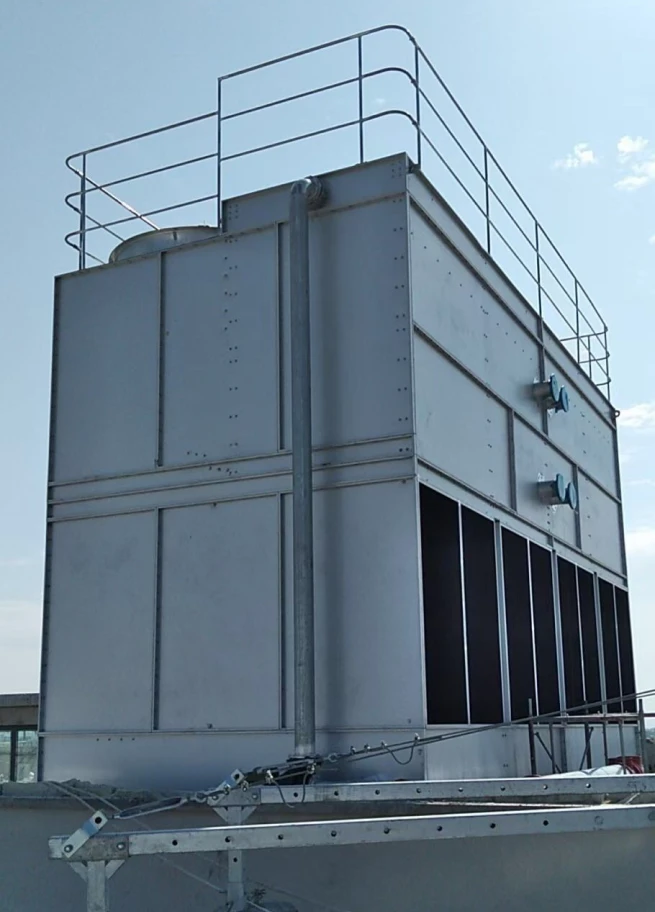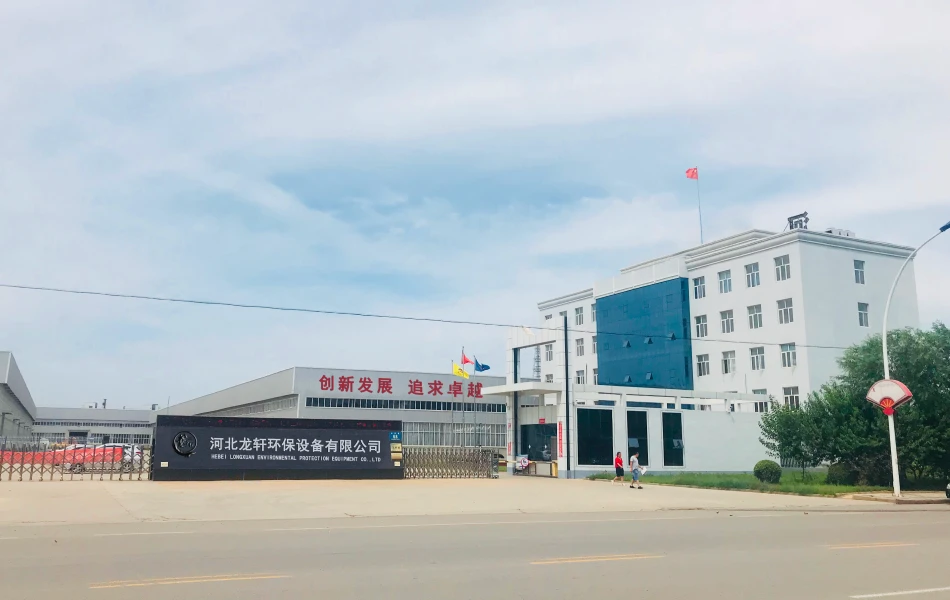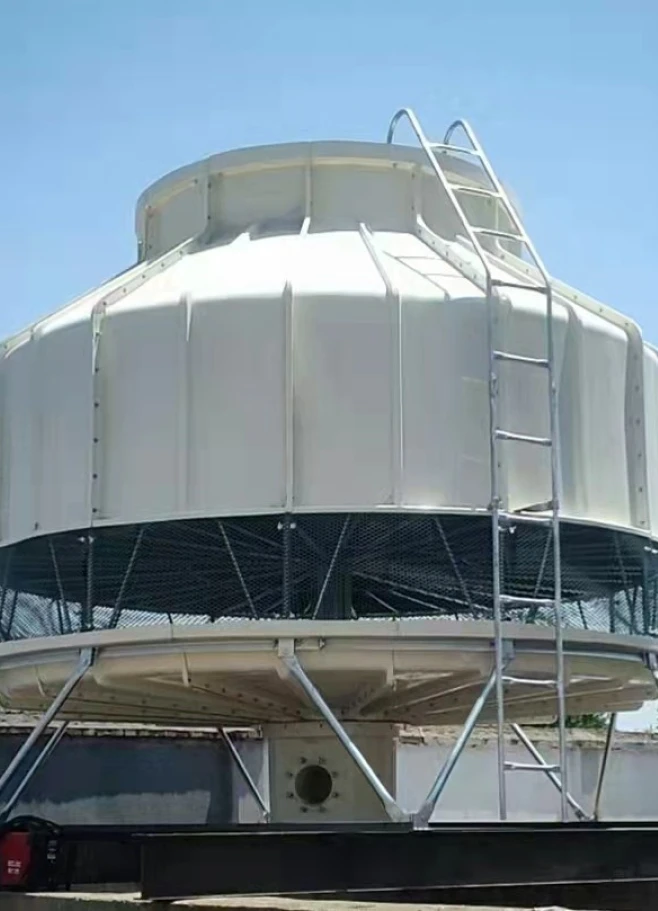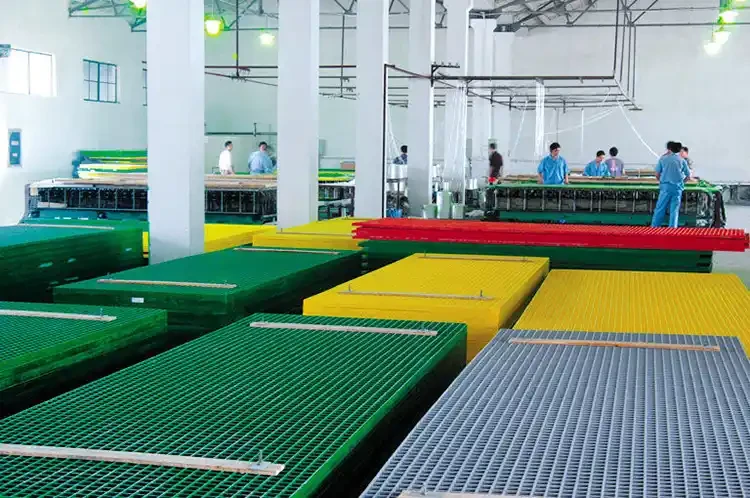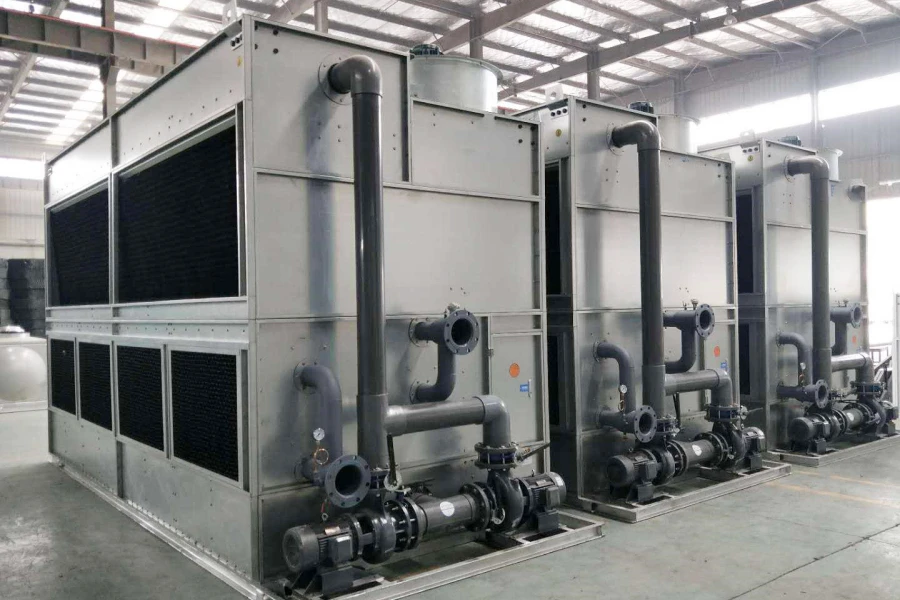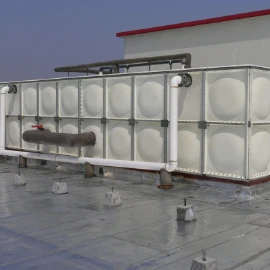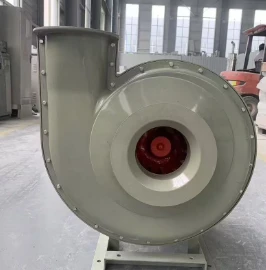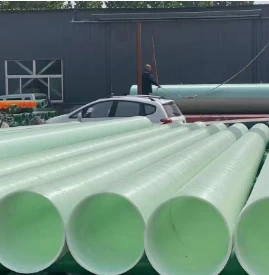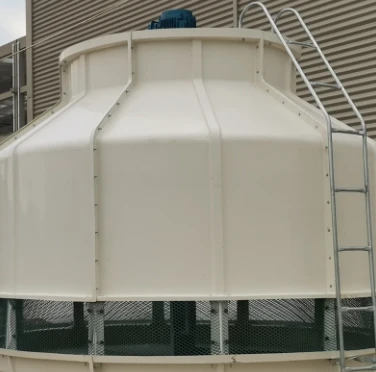

We Are Open 24 Hours a Day, 7 Days a Week, Including Weekends and Public Holidays.
- Overview of FRP cable tray support systems and their unique properties
- Technical advantages and performance data of FRP support structures
- Comparative analysis of leading FRP cable tray manufacturers
- Customization capabilities for specialized installation requirements
- Industrial application case studies demonstrating real-world performance
- Installation best practices and maintenance considerations
- Emerging trends and future developments in cable management systems
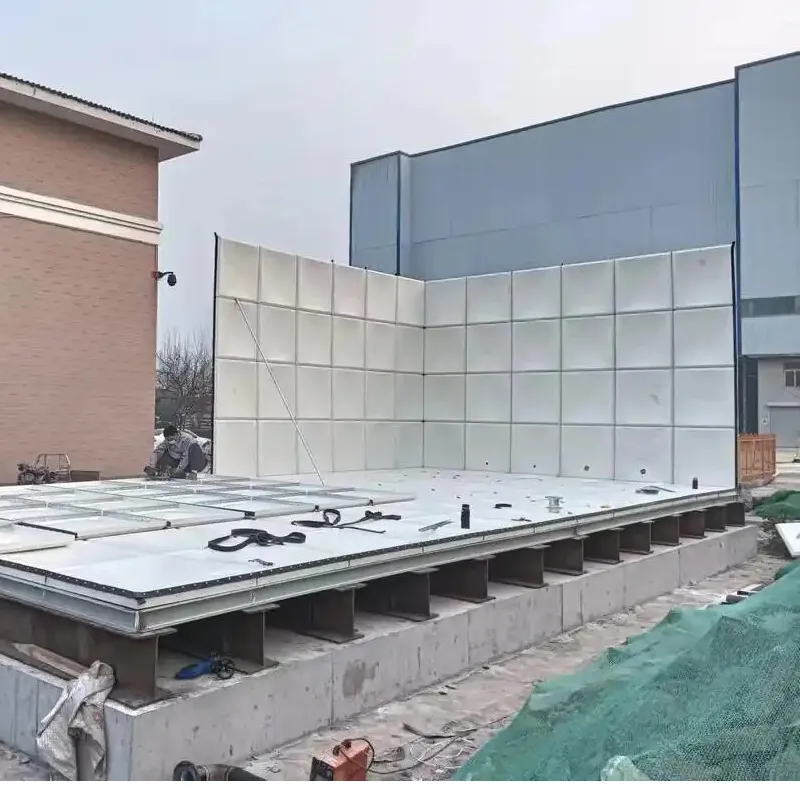
(frp cable tray support)
Understanding FRP Cable Tray Support Solutions for Modern Infrastructure
Fiber Reinforced Polymer (FRP) cable tray support systems represent a significant advancement in cable management technology. Unlike traditional metallic supports, FRP structures combine polymer resins with reinforcing fibers to create lightweight yet exceptionally durable frameworks. These solutions have gained prominence across industries requiring corrosion-resistant, non-conductive support systems.
Primary advantages include outstanding resistance to chemicals, salts, and extreme environmental conditions where steel supports would degrade rapidly. The material composition also provides inherent electrical isolation properties, eliminating grounding requirements and reducing installation complexity. Major industrial sectors leveraging these benefits include chemical processing plants (86% adoption growth since 2018), offshore energy platforms (73% market penetration), and water treatment facilities where corrosion causes $2.3 billion in annual infrastructure damage.
Performance Advantages Over Traditional Support Systems
FRP cable support systems deliver quantifiable improvements across critical performance metrics. Independent testing confirms a 40% higher strength-to-weight ratio compared to hot-dipped galvanized steel, while maintaining 1/4 the overall weight. This combination enables longer span installations up to 8 meters without intermediate supports, reducing installation time by approximately 30%. The non-conductive nature eliminates electromagnetic interference concerns in sensitive environments like data centers.
Accelerated aging tests demonstrate a service life exceeding 25 years in corrosive environments where metallic alternatives require replacement every 6-8 years. Material testing reveals superior performance characteristics:
- Corrosion resistance: Withstands 10,000+ hours salt spray testing (ASTM B117)
- Fire safety: Class A fire rating (ASTM E84) with flame spread under 25
- Load capacity: Uniformly distributed loads up to 1,200 N/m (per EN 61537)
Manufacturer Comparison and Selection Criteria
| Manufacturer | Product Range | Load Capacity (lbs/ft) | Corrosion Resistance Rating | Warranty Period |
|---|---|---|---|---|
| Alpha Composites | Standard & perforated trays | 750 | 10/10 | 20 years |
| Beta FiberTech | Ladder & channel systems | 625 | 9/10 | 15 years |
| Gamma Polymers | Custom & specialty profiles | 850 | 10/10 | 25 years |
| Delta Solutions | Complete support systems | 700 | 8/10 | 10 years |
Selection criteria should prioritize certified manufacturing processes (ISO 9001 compliance) and third-party testing documentation. Leading manufacturers provide project-specific engineering analysis including load calculations, thermal expansion coefficients, and seismic performance data.
Custom Engineering Solutions for Specialized Requirements
Perforated FRP cable tray configurations serve critical ventilation and heat dissipation functions in confined spaces while maintaining up to 92% of solid tray load capacity. Customizable parameters include perforation patterns (round, slotted, hexagonal), density (15-60% open area), and specific opening dimensions optimized for different cable diameters.
Engineering teams develop application-specific solutions using CAD modeling and structural FEA analysis. Recent innovations include factory-preassembled modular sections reducing on-site labor requirements by 45%, and UV-resistant formulations for solar farm applications. Proprietary vinyl ester formulations enable continuous operation at sustained temperatures up to 155°C without structural degradation.
Industrial Application Case Studies
A semiconductor manufacturing facility replaced stainless steel supports with custom FRP cable trays, realizing $2.1 million savings over 10 years by eliminating chemical cleaning cycles required to prevent conductive particle contamination. The maintenance-free solution operated continuously in hydrochloric acid fume environments without degradation.
An offshore wind project utilized perforated FRP trays exclusively across turbine towers and transition pieces. The material's vibration damping properties reduced cable fatigue by 68% compared to metallic alternatives, while the light weight decreased installation costs by $310,000 per turbine. Corrosion-free performance has maintained 99.8% uptime despite continuous saltwater exposure.
Practical Installation and Maintenance Guidelines
FRP tray systems install 40% faster than metallic alternatives due to reduced handling requirements and elimination of welding. Proper installation requires attention to thermal expansion characteristics – installers should incorporate expansion joints every 20 meters in environments exceeding 35°C temperature variance. Support spacing follows manufacturer engineering tables based on fill weight and tray configuration.
Maintenance protocols include annual visual inspections checking for UV degradation signs in direct sunlight applications, and clearing debris accumulation in perforated sections. Unlike metallic alternatives, FRP requires no protective coatings, galvanic isolation, or cathodic protection systems. Cleaning requires only pressurized water at moderate temperatures.
Innovations Driving FRP Cable Support Evolution
Advanced composite formulations incorporating nano-silica additives now yield 17% greater flexural strength while reducing tray weights by up to 30%. The integration of smart monitoring systems represents the frontier of development, with embedded fiber optic sensors providing real-time structural health monitoring and load distribution analytics. Manufacturers are increasingly focusing on sustainability initiatives, with current products incorporating up to 32% recycled materials while maintaining certified performance standards.
Standardization efforts continue to accelerate adoption, with newly published ASTM E84-22a classifications specifically addressing composite cable management systems. The latest generation of perforated FRP cable trays features optimized airflow designs delivering 60% better thermal dissipation than previous models, critical for high-density power transmission applications where temperature management prevents derating.
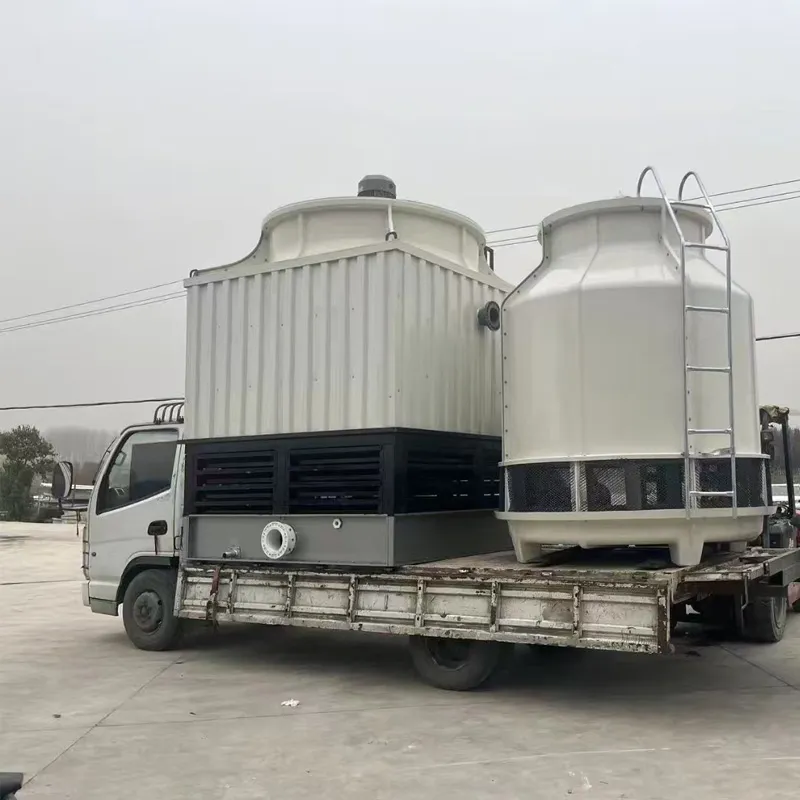
(frp cable tray support)
FAQS on frp cable tray support
Q: What are the advantages of using FRP cable tray supports?
A: FRP cable tray supports offer corrosion resistance, lightweight durability, and high strength-to-weight ratios. They are ideal for harsh environments and require minimal maintenance compared to traditional metal supports.
Q: How to identify reliable FRP cable tray manufacturers?
A: Look for manufacturers with certifications like ISO 9001, adherence to industry standards (e.g., NEMA), and proven experience. Reputable suppliers also provide customization and technical support.
Q: Why choose perforated FRP cable trays over solid designs?
A: Perforated FRP cable trays enhance ventilation and heat dissipation for cables. They reduce overall weight while maintaining structural integrity and preventing moisture buildup.
Q: Can FRP cable tray supports handle heavy loads?
A: Yes, FRP supports are engineered to withstand heavy loads with proper design and installation. Their load capacity depends on tray dimensions, span, and reinforcement techniques.
Q: Are FRP cable trays suitable for outdoor installations?
A: Absolutely. FRP trays resist UV radiation, moisture, and temperature fluctuations, making them perfect for outdoor or industrial settings where metals might corrode.





Address
20 Xingyuan South Street, Zaoqiang County, Hengshui City, Hebei Province, China









